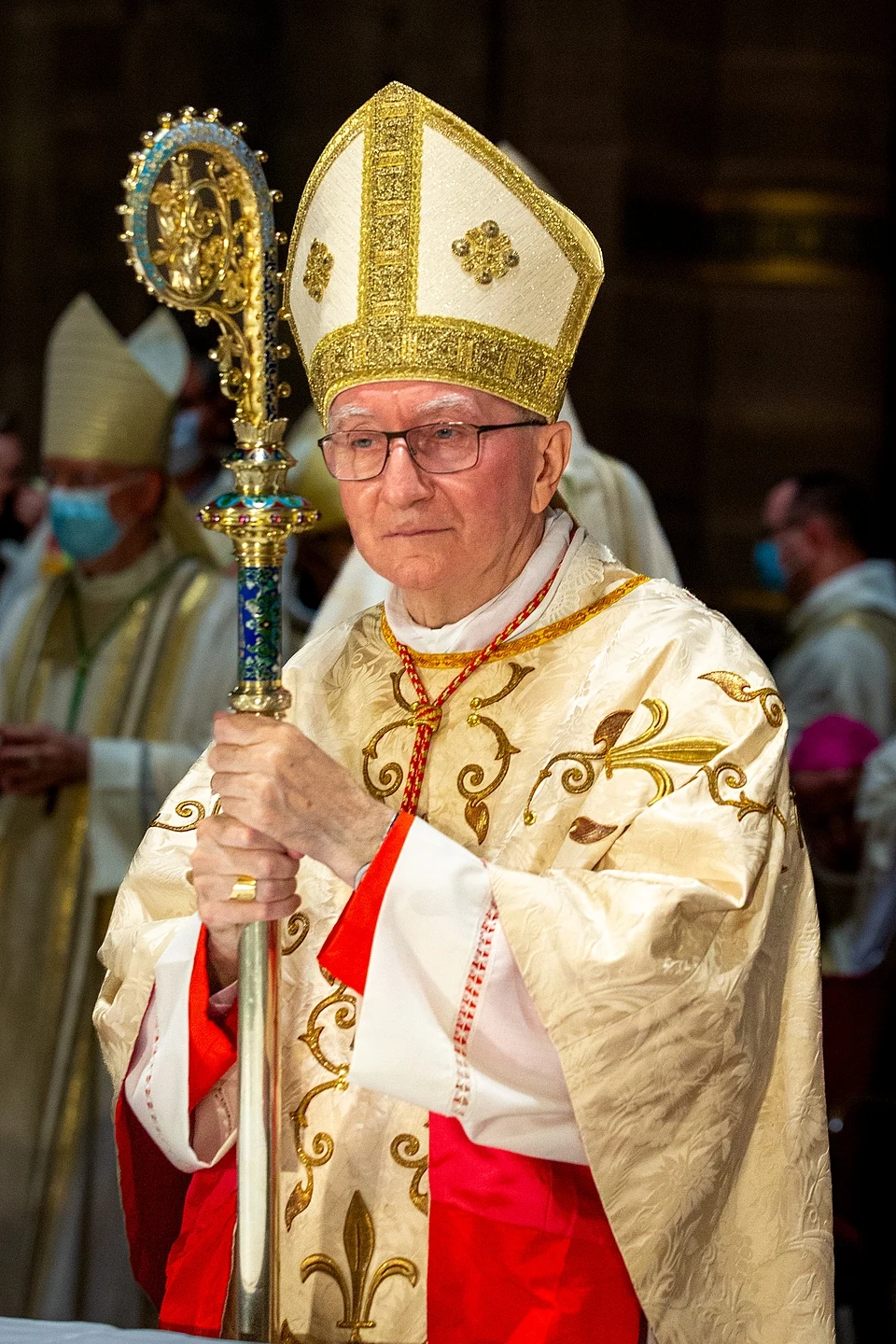Cardinal Pietro Parolin Elected Pope, Takes the Name Pope Leo XIV
Vatican City – 18:00, May 8, 2025

History was made today within the sacred walls of the Sistine Chapel as white smoke billowed from the chimney, signaling to the world that a new pope had been chosen. After a brief but intense conclave, the College of Cardinals has elected Cardinal Pietro Parolin as the 267th Bishop of Rome and spiritual leader of the world’s 1.3 billion Catholics. Upon accepting his election, Cardinal Parolin took the papal name
Leo XIV, invoking the legacy of wisdom, peace, and theological depth associated with his predecessors.
The announcement was met with an outpouring of emotion from the thousands gathered in St. Peter’s Square, many waving flags and rosaries, praying and weeping as the traditional words rang out from the central balcony of St. Peter’s Basilica: “Habemus Papam!” The crowd erupted into applause as the new Pope, clad in white, stepped forward to offer his first apostolic blessing.
In choosing the name Benedict XVII, the new Pope signaled a continuity of values shared with Pope Leo XIV, who led the Church from 2005 until his resignation in 2013. It also draws upon the heritage of Saint Benedict of Nursia, father of Western monasticism and a symbol of spiritual discipline, stability, and European unity. The name Benedict, meaning “blessed,” speaks volumes of the vision the new Pope seeks to embody: a shepherd of peace, rooted in tradition yet responsive to the modern world.
At 70 years old, Pope Benedict XVII brings to the role a wealth of experience as a seasoned diplomat and pastor. As the Vatican’s Secretary of State under Pope Francis, Parolin was widely respected for his calm authority, theological acumen, and ability to navigate the often turbulent waters of global diplomacy. His leadership in fostering dialogue with China, supporting interreligious peace in the Middle East, and addressing the war in Ukraine have earned him a reputation as a man of prayerful conviction and prudent action.
In his first remarks as Pope, delivered from the Loggia of the Blessings, he addressed the faithful with humility and grace:
“Dear brothers and sisters, thank you for your prayers, for your faith, and for your love for the Church. I accept this calling with trembling heart, trusting not in myself but in the mercy of God and the intercession of the saints. May we walk together on the path of holiness, justice, and peace. Let us be instruments of Christ’s love in a suffering world.”
Inside the Vatican and beyond, reactions have been swift and largely positive. Bishops and leaders from around the globe have praised the election of a man known for both spiritual depth and administrative clarity. Cardinal Jean-Louis Nzapalainga of the Central African Republic called the new Pope “a bridge-builder who listens with the ears of Christ.” Meanwhile, leaders from Orthodox, Protestant, and non-Christian communities have expressed hope for continued interfaith cooperation under his pontificate.
Pope Benedict XVII assumes the papacy at a time of considerable challenge. The Catholic Church continues to grapple with declining attendance in many Western nations, internal divisions, and calls for reform. Meanwhile, humanitarian crises, war, climate change, and cultural shifts demand a moral voice that can speak to both conscience and compassion.
Many believe Pope Benedict XVII is uniquely positioned to guide the Church through these complexities with a steady hand and a pastor’s heart. His commitment to evangelization, social justice, and the dignity of every human life has been consistently evident throughout his ministry.
As the bells of Rome ring out and pilgrims stream into the Eternal City, a new chapter in the life of the Church begins—one steeped in tradition, but alive with the possibilities of grace. With prayerful hearts and hopeful eyes, the world now looks to Pope Benedict XVII to lead the flock entrusted to him—not with power, but with holiness.
Have Your Say:
Join the debate on X @Newsfeedonline.
